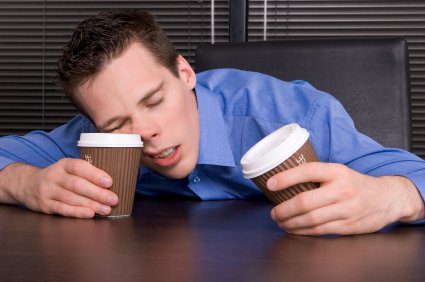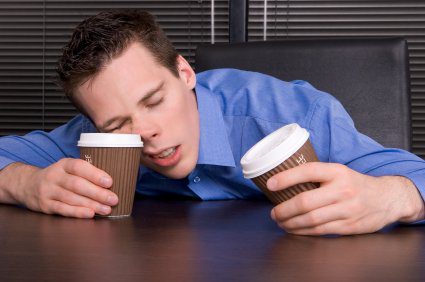
It’s still unclear how sleep deprivation affects us, as there are still so many things scientists have failed to understand about sleep itself. But now, neuroscientists at the Duke-NUS Graduate Medical School in Singapore have shown for the first time what happens to the visual perceptions of healthy but sleep-deprived people who struggle to stay awake, such as people who work nights or party or even drive throught the night.
Scientists found that even after sleep deprivation [dolphins can skip sleep for 2 weeks], the volunteers had some periods of near-normal brain function in which they could perform at maximum capacity. However, these periods also mixed with periods of slow response and severe drops in visual processing and attention.
“Interestingly, the team found that a sleep-deprived brain can normally process simple visuals, like flashing checkerboards. But the ‘higher visual areas’ – those that are responsible for making sense of what we see – didn’t function well,” said Dr. Michael Chee, lead author and professor at the Neurobehavioral Disorders Program at Duke-NUS. “Herein lies the peril of sleep deprivation.”
Study subjects were asked to identify letters flashing briefly in front of them. The scientists also found that sleep-deprived volunteers had dramatic decreases in their higher visual cortex activity. Oh well, tell that to college students.









